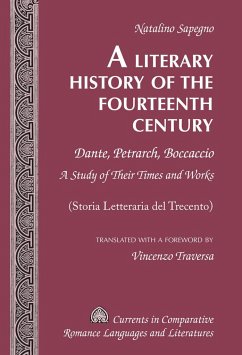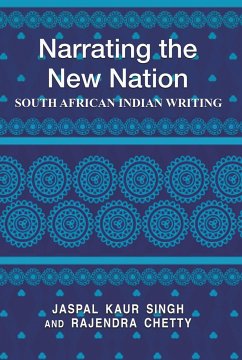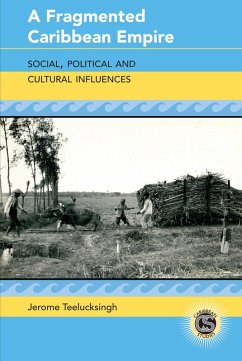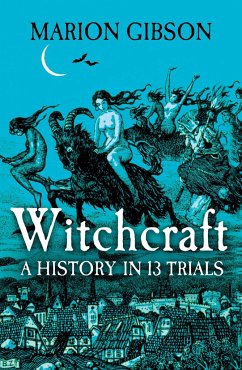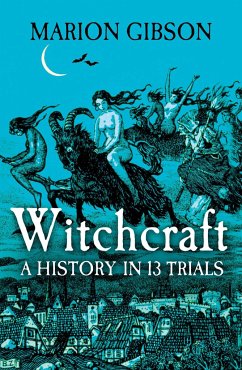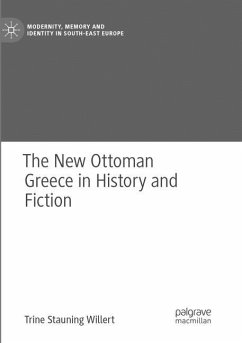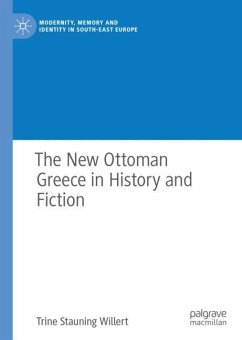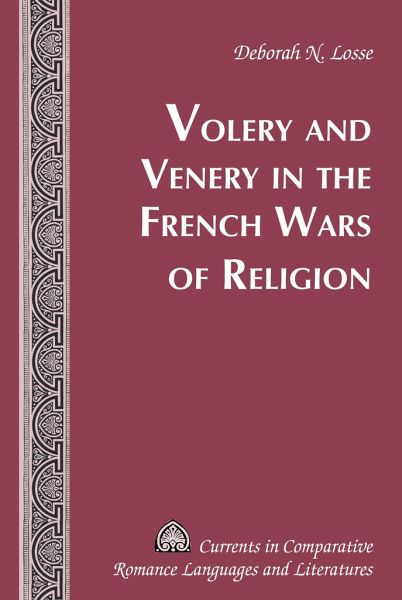
Volery and Venery in the French Wars of Religion
Versandkostenfrei!
Versandfertig in 6-10 Tagen
101,90 €
inkl. MwSt.
Weitere Ausgaben:

PAYBACK Punkte
0 °P sammeln!
Volery and Venery in the French Wars of Religion is the first book-length study to provide an analysis of literary and cultural texts through the lens of people's perspectives on hunting in the context of the French Wars of Religion. Court poets such as Jodelle and Ronsard highlight the central role of the king in the hunt. The study examines cynegetic scenes and attitudes toward hunting in the works of Sebastian Brant, Erasmus, Rabelais, Jodelle, Ronsard, Ceppède, Montaigne, and Aubigné. An effort is made to relate the artistic representation of the hunt to the details of the hunt presented...
Volery and Venery in the French Wars of Religion is the first book-length study to provide an analysis of literary and cultural texts through the lens of people's perspectives on hunting in the context of the French Wars of Religion. Court poets such as Jodelle and Ronsard highlight the central role of the king in the hunt. The study examines cynegetic scenes and attitudes toward hunting in the works of Sebastian Brant, Erasmus, Rabelais, Jodelle, Ronsard, Ceppède, Montaigne, and Aubigné. An effort is made to relate the artistic representation of the hunt to the details of the hunt presented in the hunting manuals of Du Fouilloux, De Thou, Franchières, and Arcussia, among others. At a time when the monarchy needed to reflect stability and continuity, the figure of the king dominates cynegetic exercise.
Losse argues that hunting remained a major preoccupation in France in spite of the disruptions and violence caused by the Wars of Religion. The analysis examines some basic questions about hunting in early modern France. How did religious affiliation affect attitudes toward hunting? Did the violence of the Wars of Religion change how people viewed cruelty to animals? Falconry and large game hunting offer a perspective from which to view the cultural and political life leading up to and through the Wars of Religion.
Historians of the hunt, students of early modern Europe, and graduate students in cultural studies or anthropology will find the work to provide a unique perspective on political and social institutions. Museums of hunting will find this book vital to their mission of instructing modern audiences on the centrality of hunting to aristocratic life.
Losse argues that hunting remained a major preoccupation in France in spite of the disruptions and violence caused by the Wars of Religion. The analysis examines some basic questions about hunting in early modern France. How did religious affiliation affect attitudes toward hunting? Did the violence of the Wars of Religion change how people viewed cruelty to animals? Falconry and large game hunting offer a perspective from which to view the cultural and political life leading up to and through the Wars of Religion.
Historians of the hunt, students of early modern Europe, and graduate students in cultural studies or anthropology will find the work to provide a unique perspective on political and social institutions. Museums of hunting will find this book vital to their mission of instructing modern audiences on the centrality of hunting to aristocratic life.





